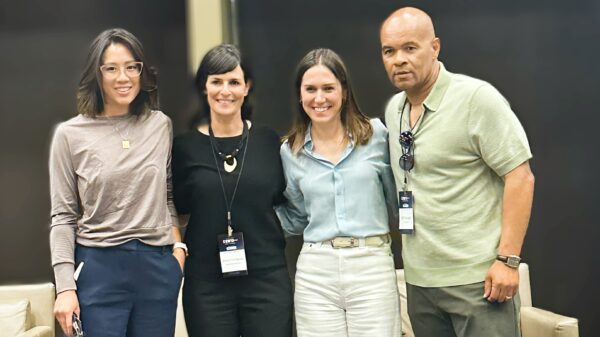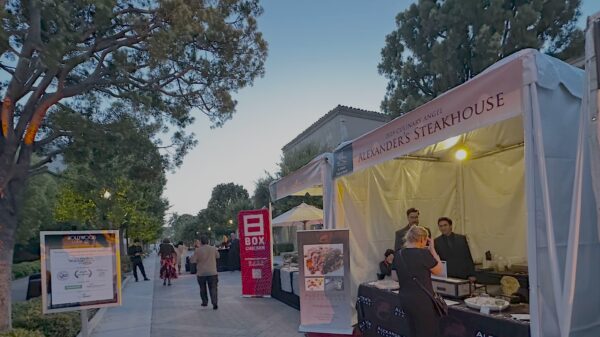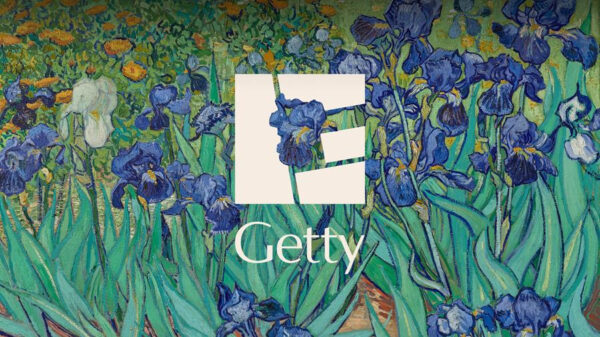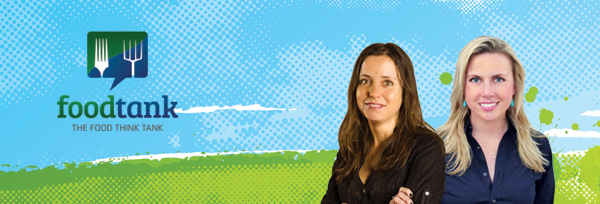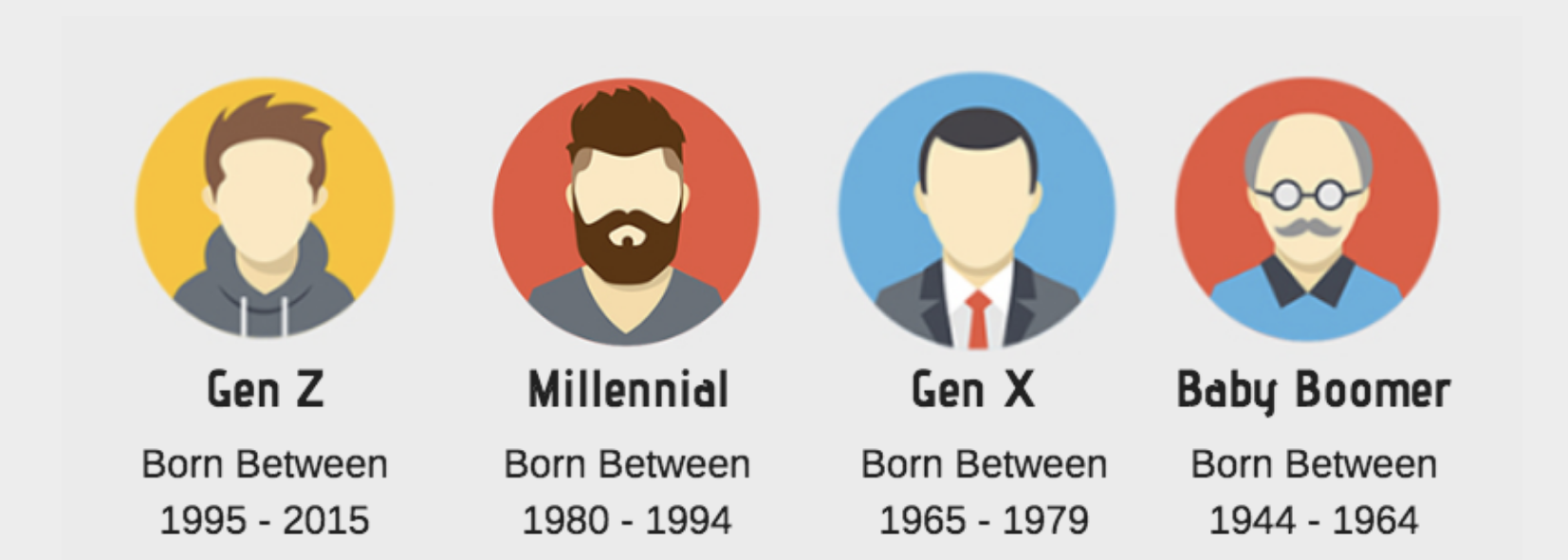The planet’s entire supply of freshwater that can be used by humans and ecosystems amounts to approximately 200,000 cubed kilometers, or less than one percent of all freshwater resources. And, unfortunately, humans are using these limited resources faster than they can be replenished. According to the U.N. World Water Development Report (WWDR), the resources of approximately three and a half Earths would be required to maintain the consumption habits of the average European or North American to keep up with population growth.
The Barilla Center for Food & Nutrition (BCFN) research shows that if everyone in the world followed typically Western consumption patterns, a 75 percent increase in water resources would be necessary to sustain them. The U.N. Environment Programme (UNEP) estimates that two thirds of the world’s population will be living in areas with water scarcity by 2025. Throughout World Water Week, from September 1st through September 7th, Food Tank: The Food Think Tank will feature solutions and innovations that households, farmers, and governments can implement to conserve water resources.
According to the most recent estimates by the World Health Organization (WHO) and the U.N. Children’s Fund (UNICEF) Joint Monitoring Programme (JMP) for Water Supply and Sanitation, 768 million people do not have access to clean water, and two and a half billion people do not have access to adequate sanitation facilities. Conserving the planet’s water resources and ensuring global access to clean water, while preparing for a global population of nine billion by the year 2050, is a cause for concern for eaters, farmers, and governments all over the world.
The effects of unclean water on the food system are multifold. Contaminated water plays a significant role in malnutrition—vomiting and diarrhea caused by water-borne diseases prevent the absorption of key nutrients in food. Children are particularly at risk of malnutrition caused by water-borne disease – Canadian non-profit Action Contre La Faim reports that among children, 1.5 million deaths are caused by inadequate sanitary conditions every year, 88 percent of which are directly caused by diarrheal disease.
Access to clean water is also crucial for farmers. Crops that are nourished with contaminated water can carry dangerous pollutants, such mercury and even arsenic, which can inhibit crop growth and potentially sicken people who consume the crops. Unfortunately, agriculture is not only a primary contributor to global water use – approximately 70 percent of the world’s water use is concentrated in farming – but also to water contamination. U.N. Water estimates that the food sector contributes 40 percent of organic water pollutants in industrialized countries, and 54 percent in developing countries.
“Actors in both the public and private sectors need to understand that chemical-intensive, ecologically unsustainable agricultural practices perpetuate a vicious cycle. Not only are they harmful to the soil and the water that are used to grow crops, but their environmental effects end up being harmful to the crops themselves – and the people who consume them,” says Danielle Nierenberg, co-founder of Food Tank.
Researching Simple Innovations for Providing Clean Water to Households
There are already several low-cost, simple innovations that are available to households in areas with limited access to clean water. For example, SODIS is a method of solar water purification by which untreated water is placed in transparent bottles and heated and disinfected by UV rays. Charcoal filters and biosand filters can also remove impurities and pathogens from water.
The organization ECHO is training development workers to construct low-cost biosand filtration systems. However, further research and funding needs to be directed toward developing similar methods for at-home water purification.
Building Infrastructure for Communities
Giving communities the means to access water for personal consumption and for agriculture is a crucial step in global development. In Niger, the International Crops Research Institute for the Semi-Arid Tropics (ICRISAT) has constructed solar drip irrigation systems for market gardens. Their model has been replicated by other organizations, such as the Solar Electric Light Fund (SELF), which implemented a similar system in a women’s farming cooperative in Benin.
Drilled wells, although expensive to implement, are useful in helping communities access underground aquifers. Governments and nonprofits, such as The Water Project, primarily fund construction of this infrastructure, but there are also opportunities for the private sector to contribute. For example, People Water is a for-profit company, and its Drop for Drop program puts money from bottled water sales toward building and maintaining drilled wells in Haiti, India, and other developing regions.
Mainstreaming Organic Agriculture
Chemical fertilizers, pesticides, and antibiotics in animal waste all contribute to water pollution, causing health problems for eaters and damaging the environment. Water runoff from land treated with chemicals can contaminate water supplies.
By implementing organic fertilizers, agro-ecological pest-management methods, and raising livestock holistically and without antibiotics, farmers can prevent contamination of already scarce water supplies.
Implementing Low-Resource Farming Practices
For centuries, farmers across the world have used traditional methods that conserve water. As population demands on agriculture increase, global agricultural water consumption is expected to increase by 19 percent by 2050, indicating a need to expand on water-conserving farming methods. Both new techniques – such as solar-powered drip irrigation methods in Benin – and old – such as zai, an effective form of rainwater harvesting in Burkina Faso, should serve to inform the future of farming.
With research and funding into innovation and infrastructure, access to clean water can be improved on household, community, and national scales.
About Food Tank:
Food Tank: The Food Think Tank (www.FoodTank.org), founded by Danielle Nierenberg and Ellen Gustafson, is a think tank focused on feeding the world better. We research and highlight environmentally, socially, and economically sustainable ways of alleviating hunger, obesity and poverty and create networks of people, organizations, and content to push for food system change.







